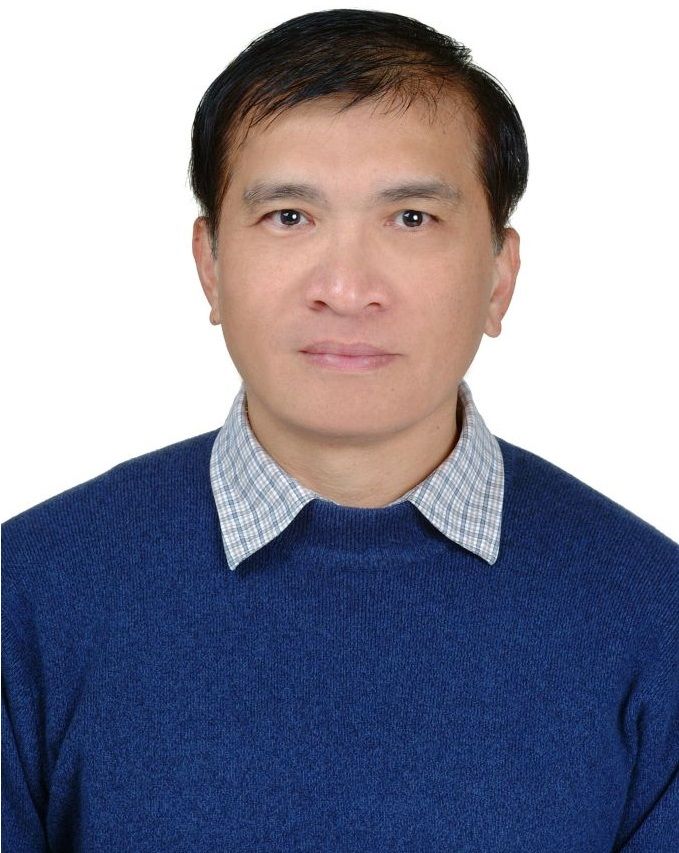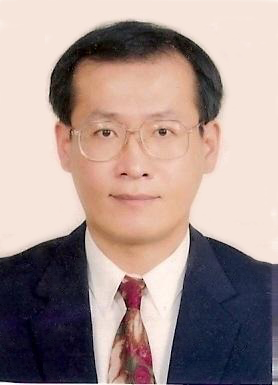Keynote Speech
-
Professor Chin-Chen Chang
Feng Chia University, Taiwan -
Professor Shyi-Ming Chen
National Taiwan University of Science and Technology, Taiwan
Professor
Chin-Chen Chang |
|
|
|
| Topic: | Some Steganographic Methods for Delivering Secret Messages Using Cover Media |
| Abstract: | Steganography is the science of secret message delivery using cover media. A digital image is a flexible medium used to carry a secret message because the slight modification of a cover image is hard to distinguish by human eyes. In this talk, I will introduce some novel steganographic methods based on different magic matrices. Among them, one method that uses a turtle shells magic matrix to guide cover pixels modification in order to imply secret data is the newest and the most interesting one. Experimental results demonstrated that this method, in comparison with previous related works, outperforms in both visual quality of the stego image and embedding capacity. In addition, I will introduce some future research issues that derived from the steganographic method based on the magic matrix. |
| Biography: |
Professor Chin-Chen Chang obtained his Ph.D. degree in
computer engineering from National Chiao Tung University. His first
degree is Bachelor of Science in Applied Mathematics and master degree
is Master of Science in computer and decision sciences. Both were
awarded in National Tsing Hua University. Dr. Chang served in National
Chung Cheng University from 1989 to 2005. His current title is Chair
Professor in Department of Information Engineering and Computer Science,
Feng Chia University, from Feb. 2005. |
Professor Shyi-Ming Chen |
|
|
|
| Topic: | Fuzzy Forecasting Based on High-Order Fuzzy Time Series and Genetic Algorithms |
| Abstract: | In our daily life, we often use forecasting techniques to predict weather, earthquakes, stock, temperature, etc. Traditional forecasting methods cannot deal with forecasting problems whose historical data are linguistic values. In recent years, some researchers used fuzzy time series to handle forecasting problems. In this talk, we introduce two forecasting methods based on two factors high-order fuzzy time series and genetic algorithms. Firstly, we introduce a method to forecast the temperature and the TAIFEX (Taiwan Futures Exchange), based on the two-factors high-order fuzzy time series. Secondly, we introduce a method for temperature prediction and TAIFEX forecasting based on genetic algorithms and high-order fuzzy time series. Finally, we offer some research directions, which are worth pursuing for future research. |
| Biography: |
Shyi-Ming Chen received the Ph.D. degree in Electrical Engineering from
National Taiwan University, Taipei, Taiwan, in June 1991. He is
currently a Distinguished Professor in the Department of Computer
Science and Information Engineering, National Taiwan University of
Science and Technology, Taipei, Taiwan. From August 2007 to July 2010,
he was the Dean of the College of Electrical Engineering and Computer
Science, Jinwen University of Science and Technology, New Taipei City,
Taiwan. From August 2011 to July 2012, he was the Vice President of the
National Taichung University of Education, Taichung, Taiwan.
He is currently the President of the Taiwanese Association for Consumer
Electronics (TACE). He was the President of the Taiwanese Association
for Artificial Intelligence (TAAI) from January 2005 to January 2009. He
has published more than 480 papers in referred journals, conference
proceedings and book chapters. His research interests include fuzzy
systems, knowledge-based systems, artificial intelligence, neural
networks, data mining, information retrieval, and genetic algorithms.
|